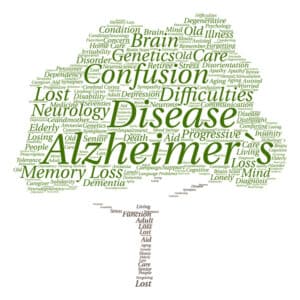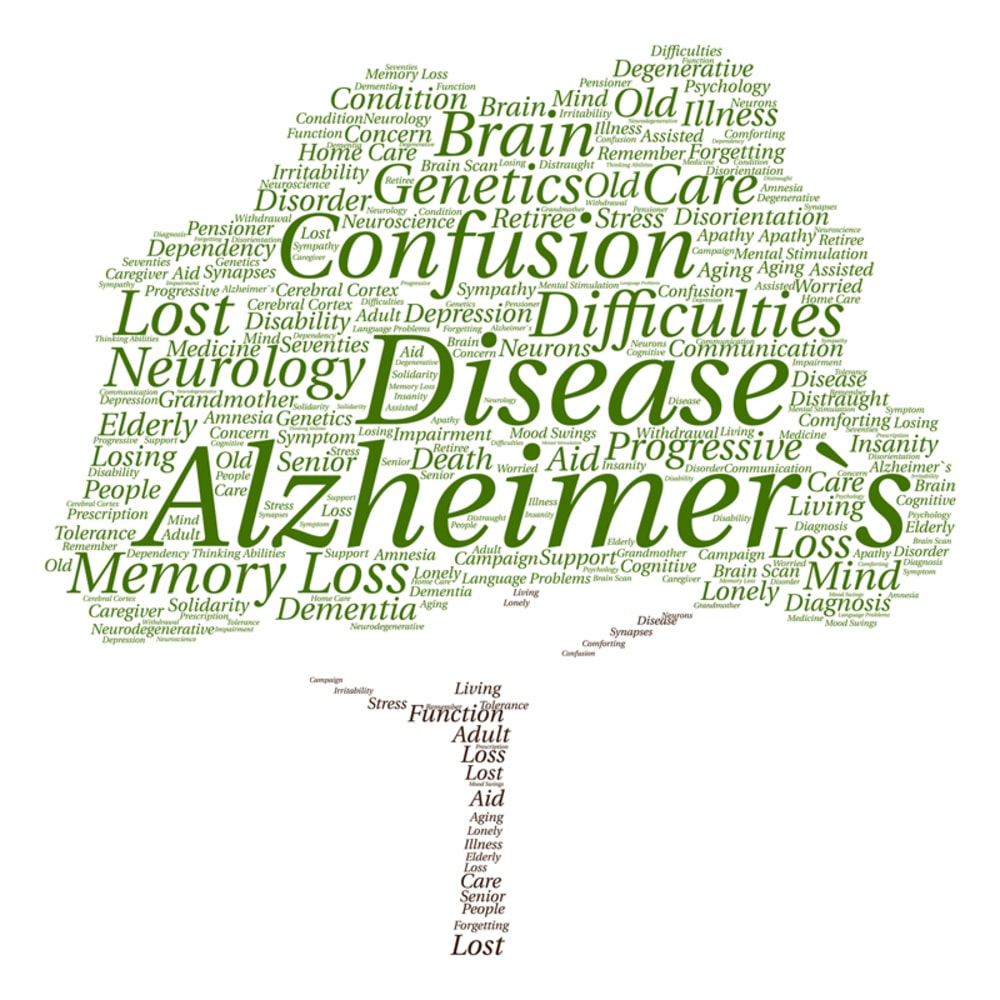Alzheimer’s disease is a deeply emotional journey for both the senior diagnosed and their loved ones. The disease’s progressive nature can cause feelings of loss, frustration, dread, and even guilt. Navigating these emotional obstacles is just as important as dealing with Alzheimer’s physical and cognitive symptoms. Understanding the emotional impact and how Alzheimer’s home care services might help is essential for all involved.
The Emotional Impact of Alzheimer’s
For families and seniors, getting a diagnosis of Alzheimer’s is often met with shock and denial. In addition, the diagnosis frequently causes a flood of confusion and loss, especially as the disease progresses. Over time, this evolves into what experts call “anticipatory grief,” where family members mourn the gradual loss of their loved one’s memory, personality, and independence.
Feelings of frustration and powerlessness are also frequent, particularly as communication becomes more difficult and behavioral changes occur. Both family members and caregivers may have difficulty understanding or managing agitation, disorientation, or repetitious behaviors. Fear and worry also present as anxiety about the future looms overhead. Questions such as, “How will I manage their care?” or “What happens if their condition worsens?” can be overwhelming. This then often leads to an additional layer of guilt—worrying about whether they’re doing enough or experiencing resentment for the demands imposed on their lives. Without appropriate support, the relationship between seniors and their family members may deteriorate.
How Alzheimer’s Home Care Can Help
Fortunately, Alzheimer’s home care provides a lifeline to both seniors and their family members. This type of care can provide crucial support customized to the specific needs of the senior, giving family members peace of mind, and knowing their loved one is getting the best possible care.
Here’s how Alzheimer’s home care can assist.
Creating a Support Network: Alzheimer’s caregivers are frequently more than just healthcare professionals—they become an extension of the support network. Regular communication with caregivers or care teams can help reduce feelings of loneliness and provide reassurance that a loved one is receiving appropriate care.
Providing Respite: Respite care services help family members to take breaks and avoid burnout. This time away helps them recover emotionally and physically, allowing them to return to their caregiving roles with renewed energy and patience.
Improving Quality of Life: Alzheimer’s home care specialists are educated to manage problematic behaviors and create a sense of comfort for seniors. Professional caregivers can improve the daily experience of those diagnosed with Alzheimer’s and minimize stress for their families by implementing organized routines, engaging in therapeutic activities, and modifying communication tactics.
Offering Guidance and Education: Care providers frequently give information, counseling, and training to help family members understand the disease’s course. Additionally, they offer education to help family members learn how to effectively communicate or redirect challenging behaviors, which can make caring less stressful and more enjoyable.

Additional Support: Professional caregivers also emphasize the importance of family members getting the support they need. They may encourage loved ones who also act as caregivers to join Alzheimer’s support groups, which can provide a safe space to express emotions, seek advice, and connect with others going through similar experiences.
Navigating an Alzheimer’s diagnosis is an emotional journey, but seniors and families can find strength in the support and education that Alzheimer’s home care offers.
Sources: https://www.alz.org/help-support/caregiving/caregiver-health/caregiver-stress
https://www.healthline.com/health/alzheimers/how-to-manage-emotions-or-difficult-situations-with-alzheimers
https://www.helpguide.org/aging/dementia/tips-for-alzheimers-caregivers
If you or an aging loved one are considering Alzheimer’s Home Care Services in Rancho Santa Fe CA, please call the caring staff at Canaan Home Care today! 1-844-CANAAN-1 (1-844-226-2261)
Canaan Home Care – A Premier Provider of Senior Home Care in the La Jolla, Del Mar, San Diego, Rancho Santa Fe, Newport Beach, Laguna Beach, Huntington Beach, Irvine, Tustin, and Manhattan Beach areas.
- Reduce Clutter and Reduce Stress This Spring - April 23, 2025
- Sight Issues Your Loved One With Alzheimer’s Disease May Experience - April 15, 2025
- Ways Respite Care Will Benefit Your Senior - April 9, 2025





